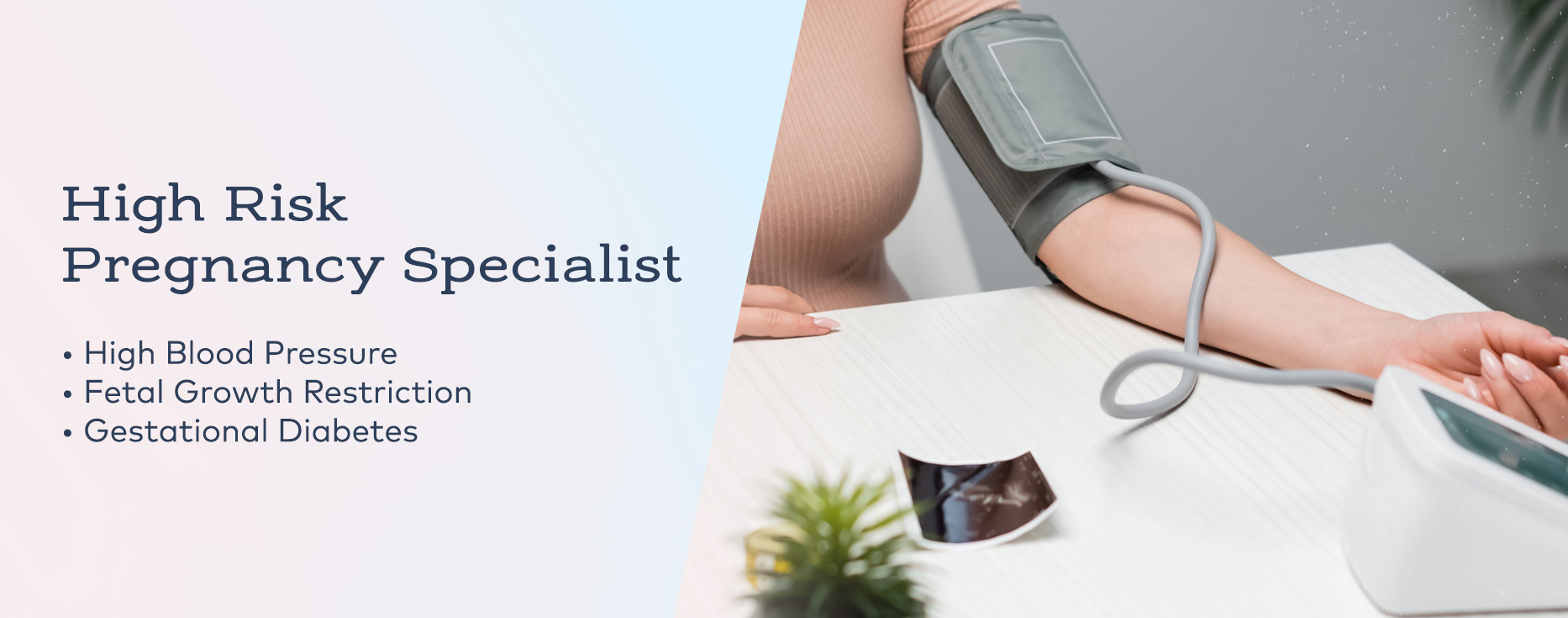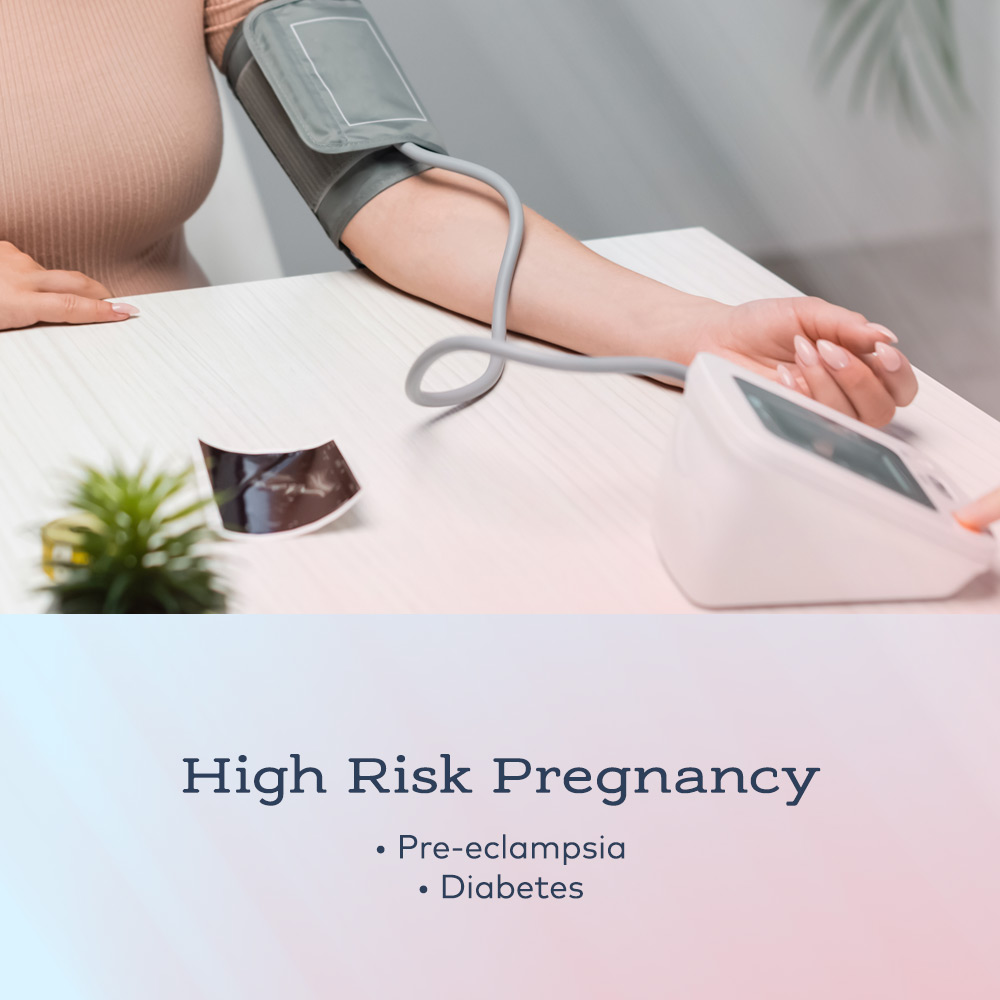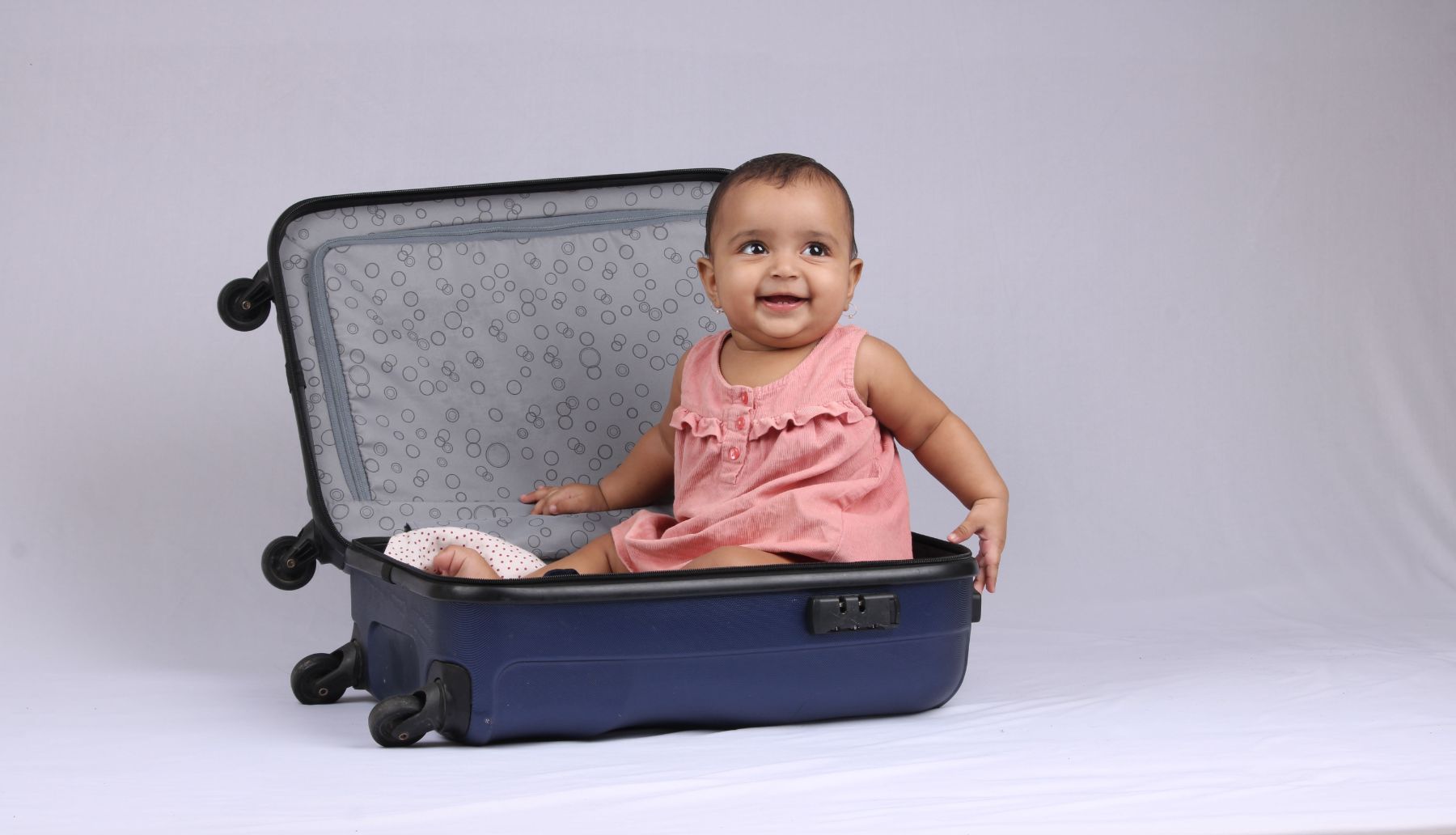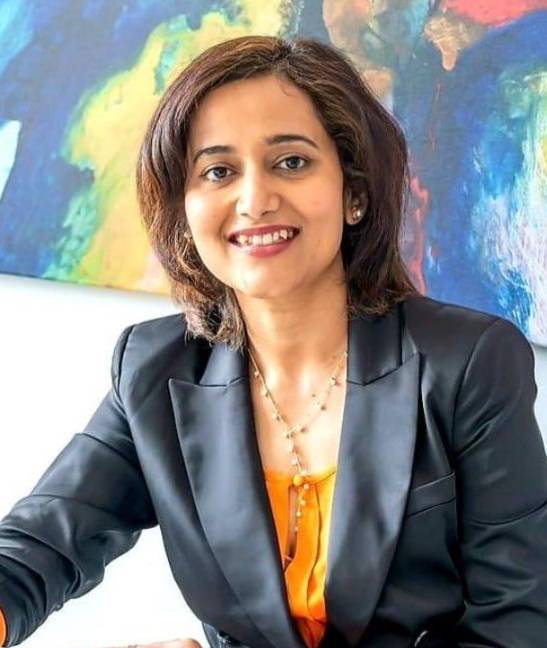Pre-Eclampsia (High Blood Pressure)


What is pre-clampsia or high blood pressure in pregnancy?
Pre-eclampsia a complication of pregnancy that usually begins after blood pressure, and commonly resolves after the birth of the baby.
However occasionally it continues, or even starts after delivery of a baby and this is known as post-partum preeclampsia.
Pre-eclampsia is regarded as the most common, serious complication of pregnancy and in Australia mild pre-eclampsia impacts 5-10% of pregnancies and severe pre-eclampsia 1 to 2%.*1

What are the risk factors for pre-eclampsia?
The risk factors for pre-eclampsia include being pregnant for the first time, having twins or triplets, already having chronic high blood pressure, kidney disease, Type 1 or 2 diabetes, autoimmune disorders or IVF.
A previous pregnancy affected by pre-eclampsia or family history can also increase your recurrence risk.

What are the symptoms of pre-eclampsia?
Pre-eclampsia usually begins after 20 weeks of pregnancy in women whose blood pressure had previously been in the normal range.
Often there are no symptoms but frequently women can experience
- Sudden swelling of the hands, face and feet (some gradual swelling is normal)
- Diziness
- Headaches
- Vision difficulties
- High blood pressure
- Proteinuria (excess protein in urine)
- Shortness of breath, liver pain, vomiting
- Abnormal liver enzymes in blood work
What are common complications of pre-eclampsia?
Left untreated, the consequences of pre-eclampsia can be devastating and include-
- Placental abruption where the placenta separates from the uterus before delivery and can cause heavy bleeding and be life-threatening for mum and baby.
- HELLP Syndrome is also a risk (destruction of red blood cells), as well as elevated liver enzymes and a low platelet count.
- Eclampsia which can include the onset of seizures or come after developing pre-eclampsia. This can happen without any signs or symptoms of pre-eclampsia. Symptoms typically include headaches, mental confusion, or seizures.
How can Dr Shetty help you?
- Most obstetricians will seek consultation of a maternal and fetal medicine (MFM) expert in this situation. Being an MFM specialist, Dr Shetty already has helped many women with pre-ecclampsia.
- At the start of your pregnancy, she will offer you pre-ecclampsia screening ultrasound and if you are at high risk, she will advise you of medications that can help prevent preeclampsia.
- She will offer regular growth ultrasounds on your baby to make sure your placenta is supplying adequate nutrition to the baby.
- The timing of delivery depends on the severity of the condition and the overall health of you and your baby.
- Dr Shetty will optimise your BP medications to achieve the best health for you. She may advise for medications to mature baby’s lungs and brain if baby needs to be delivered preterm.
- If you develop severe condition requiring hospitalisation, antihypertensive drugs and anti-seizure medication, you need an expert in maternal and fetal medicine to look after you.
- Dr Shetty will help you return to good health post birth and will make a detailed follow up plan in liaison with physicians and for your overall long-term health.


